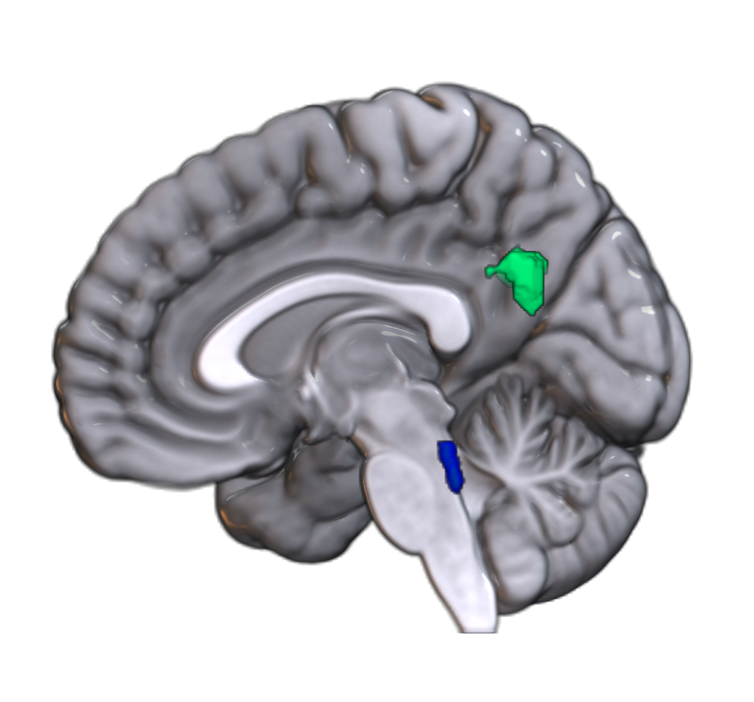Racism steals time from people’s lives – possibly because of the space it occupies in the mind. In a new study published in the journal JAMA Network Open, our team showed that the toll of racism on the brain was linked to advanced aging, observed on a cellular level.
Black women who were more frequently exposed to racism showed stronger connections in brain networks involved with rumination and vigilance. We found that this, in turn, was connected to accelerated biological aging.
We are neuroscientists who use a variety of approaches, including self-reported data and biological measurements like brain scans, to answer our questions about the effects of stressors on the brain and body. We also use this data to inform the development of interventions to help people cope with this stress.
Why it matters
Aging is a natural process. However, stress can speed up the biological clock, making people more vulnerable to aging-related diseases, from cardiovascular disease to diabetes and dementia.
Epidemiological studies consistently show that Black people experience these aging-related health problems at an earlier age than white people. New studies also show focal effects of aging on the brain, indicating disparities in brain aging between Black and white populations.
Race-related stressors, including racial discrimination, affect the rate at which people age on a biological level. These experiences activate the stress response system and have been linked to greater activity in brain regions that process incoming threats. However, until now, researchers in our field have not understood how brain changes linked to racism contribute to accelerated aging.
Racial discrimination is a ubiquitous stressor that often goes unnoticed. It might look like a doctor questioning a Black patient’s pain level and not prescribing pain medication, or a teacher calling a Black child a “thug.” It is a constant stressor faced by Black people starting at an early age.
Rumination – reliving and analyzing an event on a loop – and vigilance, meaning being watchful for future threats, are possible coping responses to these stressors. But rumination and vigilance take energy, and this increased energy expenditure has a biological cost.
In our study of Black women, we found that more frequent racial discrimination was linked to more connectivity between two key regions. One, called the locus coeruleus, is a deep brain region that activates the stress response, promoting arousal and vigilance. The other is the precuneus, a key node of a brain network that engages when we think about our experiences and internalize – or suppress – our emotions.

These brain changes, in turn, were linked to accelerated cellular aging measured by an epigenetic “clock.” Epigenetics refers to changes that happen to our DNA from the environment. Epigenetic clocks assess how the environment affects our aging at a molecular level.
Higher clock values indicate that someone’s biological age is greater than their chronological age. In other words, the space that racist experiences occupy in people’s minds has a cost, which can shorten the lifespan.
What still isn’t known
Although we saw links between racism, brain connectivity changes and accelerated aging, we did not measure coping responses like rumination and vigilance in real time, meaning as people were experiencing them.
We also do not know how other factors such as neighborhood disadvantage, gender and sexuality intersect to influence accelerated aging and related health disparities.
What’s next
Our next steps are to use real-time measurement of everyday racism along with physiological measurements and neuroimaging to take a deeper dive into these research questions.
We want to know how different types of racial discrimination and coping styles influence brain and body responses. Understanding these issues better can bring more attention to prevention, such as programs that target implicit bias in physicians and teachers. It can also inform interventions like neuromodulation, which involves the use of external or internal devices to stimulate or inhibit brain activity. Neuromodulation can be used as a therapy aid to reduce stress.
![]()
This article is republished from The Conversation under a Creative Commons license. Read the original article.